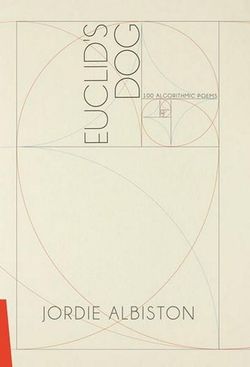**Shortlisted 2017 QLD Literary Awards Judith Wright Calanthe Award for a Poetry Collection**
Beginning with the idea of poetry as one code among many, this collection explores the notion of applying patterns derived from mathematics to the conception and creation of poems.
There is a peculiar sort of energy that emanates from an active confluence between two codes: a beat frequency, a moire. It is at once a kind of friction, and a marriage.
The eight forms Jordie Albiston has developed for this book are generous to her aims because they are stable, just, and have as their unifying principle order. They work as worthy vehicles for what the poet wants to say, with shoulders broad enough to bear the intricacies and depth of her precise interior world.
As well, they operate as commentaries on the fragility of existence, a sense of chaos, and broader discordant realities of the 'post-truth' human condition.
This is not a book of high mathematics: rather, an attempt to migrate some of the innate robustness, clarity and elegance of Euclidean thought into the realm of poetic structure.
Albiston's formal experiments do not operate as mere theory, dry equations or games, but authentic poetic events, at the same time harmoniously familiar, and strange.



Share This Book: